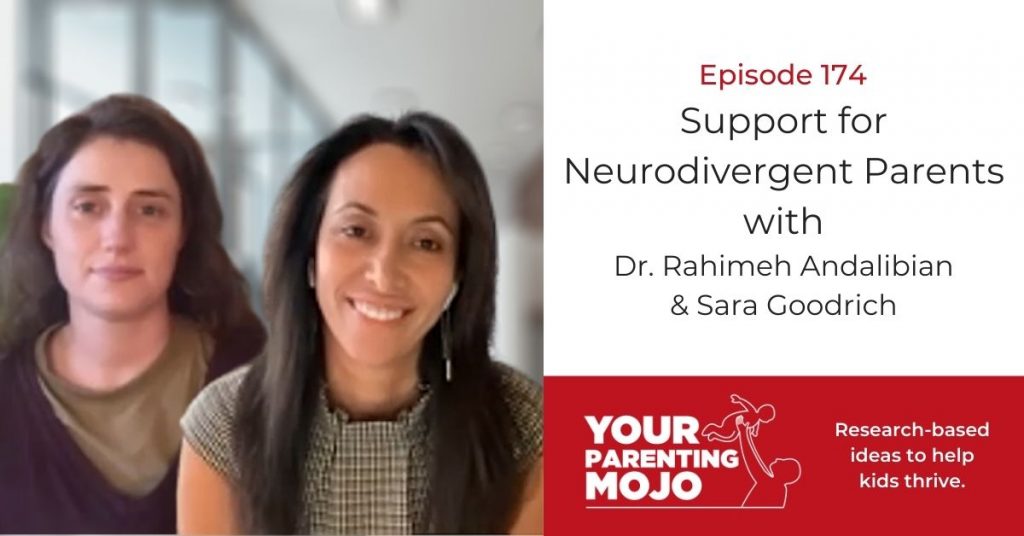Posts by Jen Lumanlan
175: I’ll be me; can you be you?
In this highly personal episode, I share my journey of self-diagnosis with autism and how it’s provided clarity and insight into my life experiences. You’ll hear voicemails from my therapist explaining my screening results and conversations with friends about friendship challenges. I address listener feedback, discussing how my podcast episodes are perceived as both helpful and judgmental. The goal is to help you understand yourself better and recognize that your child’s struggles reflect their needs, not a need for fixing. It’s about better understanding and meeting those needs for both you and your child.
174: Support for Neurodivergent Parents with Dr. Rahimeh Andalibian & Sara Goodrich
What to read instead of the Your X-Year-Old child books
Those popular “Your X-Year-Old” child development books are based on biased 1930s research that only studied White, middle-class children. Here’s what to read instead for understanding your child’s behavior today.
Read Full Post173: Why we shouldn’t read the “Your X-Year-Old Child” books any more
172: You Are Not A Sh*tty Parent with Carla Naumburg
Struggling with the pressures of modern parenting? Feeling like you fall short of the ‘perfect parent’ ideals? In this episode, we’re joined by Carla Naumburg, author of ‘You Are Not A Sh*tty Parent,’ to explore the origins of these self-doubts, how to overcome them, and ways to bring more compassion into your parenting journey. Get ready to silence that inner critic and embrace a more understanding approach to parenting.






